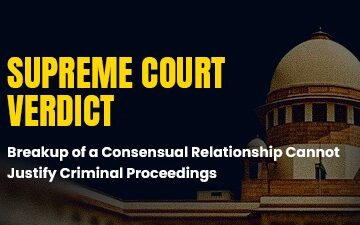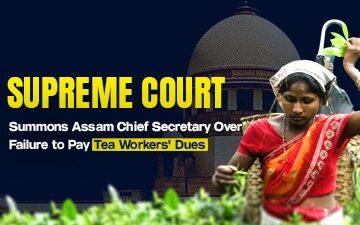The Supreme Court of India has clarified a critical aspect of testamentary law, reiterating that mere registration of a Will does not inherently validate it. This landmark judgment, delivered in the case of Leela & Ors. v. Muruganantham & Ors. (Neutral Citation: 2025 INSC 10), underscores the importance of adhering to the legal mandates prescribed under the Indian Succession Act, 1925, and the Indian Evidence Act, 1872, to establish the validity of a Will.
Key Takeaways from the Judgment:
- Mere Registration Does Not Equal Validity
Registration of a Will under the Registration Act, 1908, is not proof of its genuineness. The Will must meet the legal requirements under:- Section 63 of the Indian Succession Act: Pertaining to the proper execution of Wills.
- Section 68 of the Indian Evidence Act: Requiring at least one attesting witness to prove its execution.
- Suspicious Circumstances Matter
The Court emphasized that the presence of suspicious circumstances surrounding a Will’s execution could invalidate it, regardless of its registration status. - Burden of Proof on the Propounder
The individual presenting the Will (the propounder) must demonstrate:- The testator signed the Will voluntarily.
- The testator was in a sound state of mind.
- There was no undue influence or coercion.
Case Background
The dispute involved the Will of a deceased individual who had executed a partition deed in 1989, dividing his properties into four schedules. Following his demise in 1991, his second wife and her sons claimed exclusive rights over certain properties based on an unregistered Will dated 1990.
The Trial Court and the High Court found the Will to be “shrouded in suspicious circumstances,” citing factors such as:
- The testator’s declining health.
- The alleged execution of the Will at a location far from his residence.
Both courts ruled that the Appellants failed to prove the Will’s validity, a decision upheld by the Supreme Court.
Supreme Court’s Ruling
A Bench comprising Justice C.T. Ravikumar and Justice Rajesh Bindal dismissed the Appeal, noting:
“Mere registration of a Will does not attach to it a stamp of validity… The findings of the Trial Court and High Court are neither perverse nor warrant appellate interference.”
The Court emphasized that concurrent findings by the lower courts must be respected unless shown to be manifestly unreasonable.
Conclusion
The Supreme Court’s reiteration that mere registration of a Will does not validate it highlights the necessity for strict adherence to legal requirements. This decision reinforces the importance of proving a Will’s authenticity beyond formalities, emphasizing the burden on the propounder to establish its genuineness.
Implications of the Judgment
- Increased Vigilance in Will Drafting
Testators and legal practitioners must ensure compliance with statutory requirements to avoid disputes. - Strengthened Position of the Evidence Act
This ruling reaffirms the significance of examining attesting witnesses and verifying a testator’s mental and physical condition. - Clear Precedent for Disputed Wills
The judgment sets a strong precedent for resolving disputes where suspicious circumstances surround a Will’s execution.


